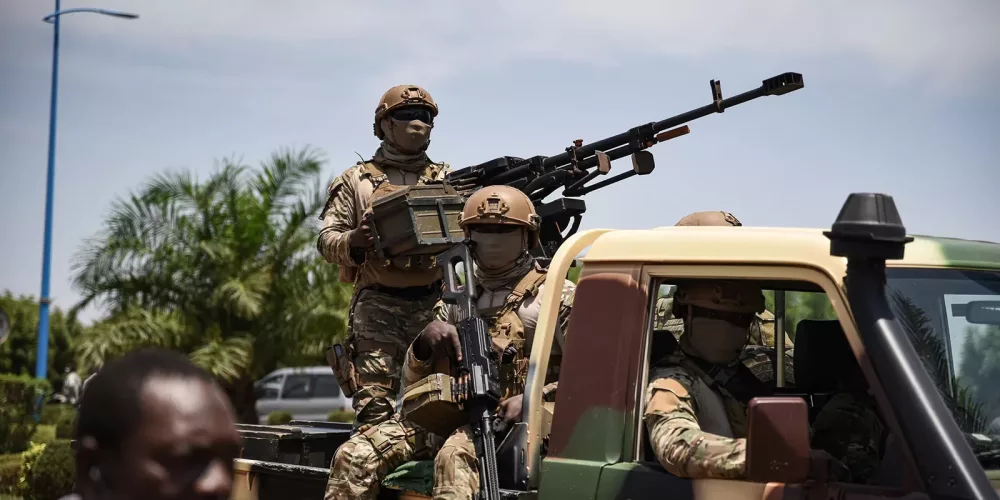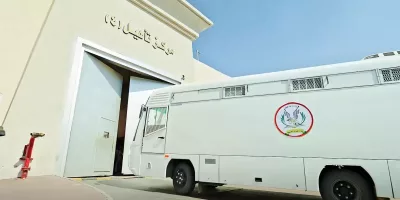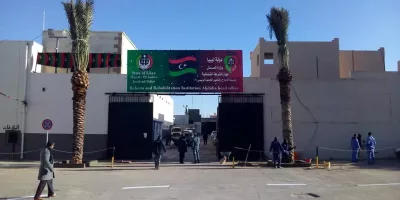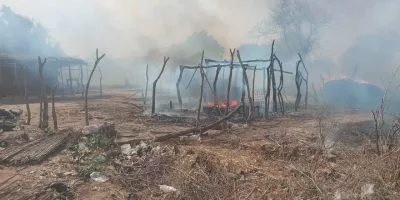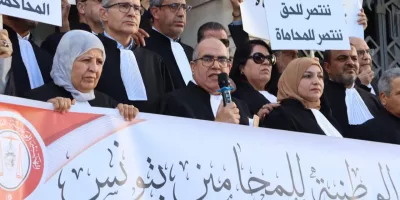UN human rights experts have called on the Malian authorities to provide urgent clarifications regarding information they received about grave violations committed against human rights defenders, political activists, and members of civil society across various regions of the country over recent months.
In a United Nations memorandum sent to the Malian government, it was stated that these violations included arbitrary arrests, enforced disappearances, physical and psychological torture, prolonged solitary confinement, restrictions on political freedoms, and denial of detainees’ rights to a fair trial and appropriate medical care.
The memorandum addressed the case of three prominent political activists — Moulaye Baba Haïdara, Mahamoud Mohamed Mangane, and Amadou Togola — affiliated with the African Solidarity for Democracy and Independence (SADI) party and the Movement for Peace in Mali (MPPM), who were arbitrarily arrested by the National Agency for State Security (ANSE), directly under the authority of the transitional president, in May and June 2023.
According to the information provided, the three activists were abducted by agents of the National Agency for State Security on May 25, May 26, and June 23, 2023, respectively, and held in secret detention for nearly four months inside agency premises without any contact with the outside world or access to legal counsel.
During this period of secret detention, the activists were subjected to brutal torture, including severe beatings, electric shocks, and bodily scarification, aimed at extracting “confessions” related to accusations of belonging to a terrorist organization and inciting against the state.
Following their transfer to the central prison in Bamako, the doctor in charge of the medical clinic within the prison confirmed in medical reports issued in October 2023, November 2023, and March 2024 that all three required specialized medical care, particularly Mangane, who exhibited acute psychological and behavioral disturbances as a result of what he had endured.
Despite these medical reports, no adequate treatment was provided to them, and repeated requests submitted through their lawyers for their immediate release or to stop the violations they faced were rejected.
The three activists appealed to Malian judicial authorities against the arrest decisions and charges brought against them. They also submitted a request to the African Court on Human and Peoples’ Rights in July 2024, seeking the implementation of interim measures including their release to complete necessary medical treatment.
In October 2024, the African Court on Human and Peoples’ Rights ordered the suspension of the arrest warrants against the three activists and allowed them to receive the necessary medical treatment. However, Malian authorities refused to implement the decision despite being officially notified multiple times.
Experts also noted in their memorandum that the initial arrest order issued against the three activists on October 10, 2023, expired on October 10, 2024, making their continued detention illegal. Nevertheless, the authorities continue to refuse their release and are even attempting to transfer them to a remote prison in Keniéroba.
Experts emphasized that these grave violations contradict several international treaties ratified by Mali, including the International Covenant on Civil and Political Rights, the Convention Against Torture, the International Covenant on Economic, Social and Cultural Rights, as well as the basic principles outlined in the African Charter on Human and Peoples’ Rights.
The UN experts urged the Malian government to immediately clarify the legal and practical reasons behind the arrest and detention of these three activists, explain why the decisions of the African Court were not implemented, and demonstrate how these actions align with Mali’s international obligations in the field of human rights.
They also called for an investigation into the reported violations, accountability for those responsible, guarantees that such violations will not recur in the future, and ensuring that civil society can exercise its rights to expression and protest without fear of arrest or intimidation.

